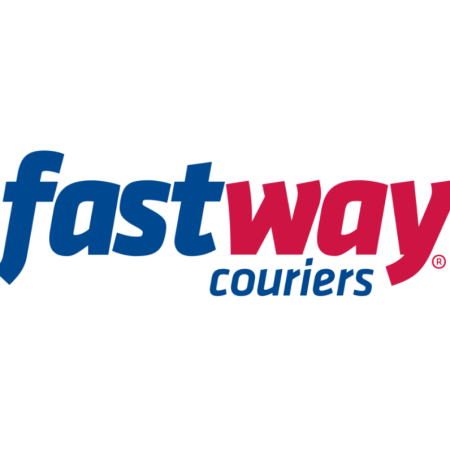Introduction
Embarking on a franchise opportunity can be an exciting and potentially lucrative venture. However, before you take the plunge into franchising, conducting thorough research and asking the right questions is crucial to ensure that the franchise you choose aligns with your goals and expectations. In this blog post, we’ll explore the top questions to ask franchisors before committing, helping you make an informed decision that sets you up for success.
- What is the Total Initial Investment?
Understanding the total financial commitment is paramount. In addition to the initial franchise fee, inquire about other startup costs, such as equipment, inventory, and leasehold improvements. You should also find out what working capital you will need. Be sure to understand ongoing royalty fees and any other recurring expenses clearly.
- What Support and Training Programmes are Provided?
A successful franchise system offers comprehensive training and ongoing support. Ask about the training programmes provided, both for you and your staff. Understand the level of ongoing support, such as marketing assistance, operational guidance, and updates on industry trends.
- Can You Speak With Current Franchisees?
Connecting with current franchisees allows you to gain valuable insights into the franchise’s day-to-day operations, challenges, and successes. Ask the franchisor for a list of existing franchisees, and take the time to speak with them to get a real-world perspective. In South Africa, the Consumer Protection Act requires that this be provided to franchisees.
- What is the Territory and Exclusive Rights Policy?
Clarify the territory you’ll be operating in and inquire about any exclusive rights you may have. Understanding the territory policies is crucial to avoiding potential conflicts with neighbouring franchises and ensuring a fair market share for your investment. If the franchisor isn’t providing a market study on your potential area and site, consider commissioning this yourself.
- What is the Renewal and Exit Strategy?
Know the terms of franchise renewal and any conditions that might affect it. Additionally, understand the exit strategy—whether it’s selling the franchise, transferring ownership, or any other options available to you at the end of the franchise agreement.
- What Marketing Support is Provided?
A strong marketing strategy is vital for the success of any franchise. Find out about the franchisor’s marketing assistance, including local and national advertising campaigns. Understand how the brand is promoted and how much flexibility you have in your local marketing efforts.
- What are the Performance Expectations?
Gain a clear understanding of the performance expectations set by the franchisor. This includes sales targets, operational standards, and other key performance indicators. Knowing these expectations upfront will help you gauge the level of effort required for success.
- What is the Level of Flexibility in Operations?
Different franchises have varying degrees of operational flexibility. Understand the guidelines and restrictions imposed by the franchisor and assess whether they align with your management style and business preferences.
- What Technology and Systems are in Place?
Inquire about the technological infrastructure and systems that the franchisor provides. This includes point-of-sale systems, inventory management, and any other technology that can enhance operational efficiency.
- Have there been Legal Issues or Litigation with Franchisees?
Investigate the franchisor’s legal history. Any history of litigation with franchisees could be a red flag. Request information about any legal issues, disputes, or terminations with franchisees and understand how they were resolved.
Conclusion
Choosing the right franchise involves careful consideration and thorough due diligence. All of the information described should be provided in the form of a Disclosure Document, which you may consider along with the Franchise Agreement for at least 14 days before signing anything. By asking crucial questions before committing to a franchise, you’ll be better equipped to make an informed decision that aligns with your financial goals, values, and aspirations. Remember, a successful partnership with a franchisor is built on transparency, communication, and a shared commitment to mutual success. The franchisor’s willingness to share information will indicate their commitment to transparency.










